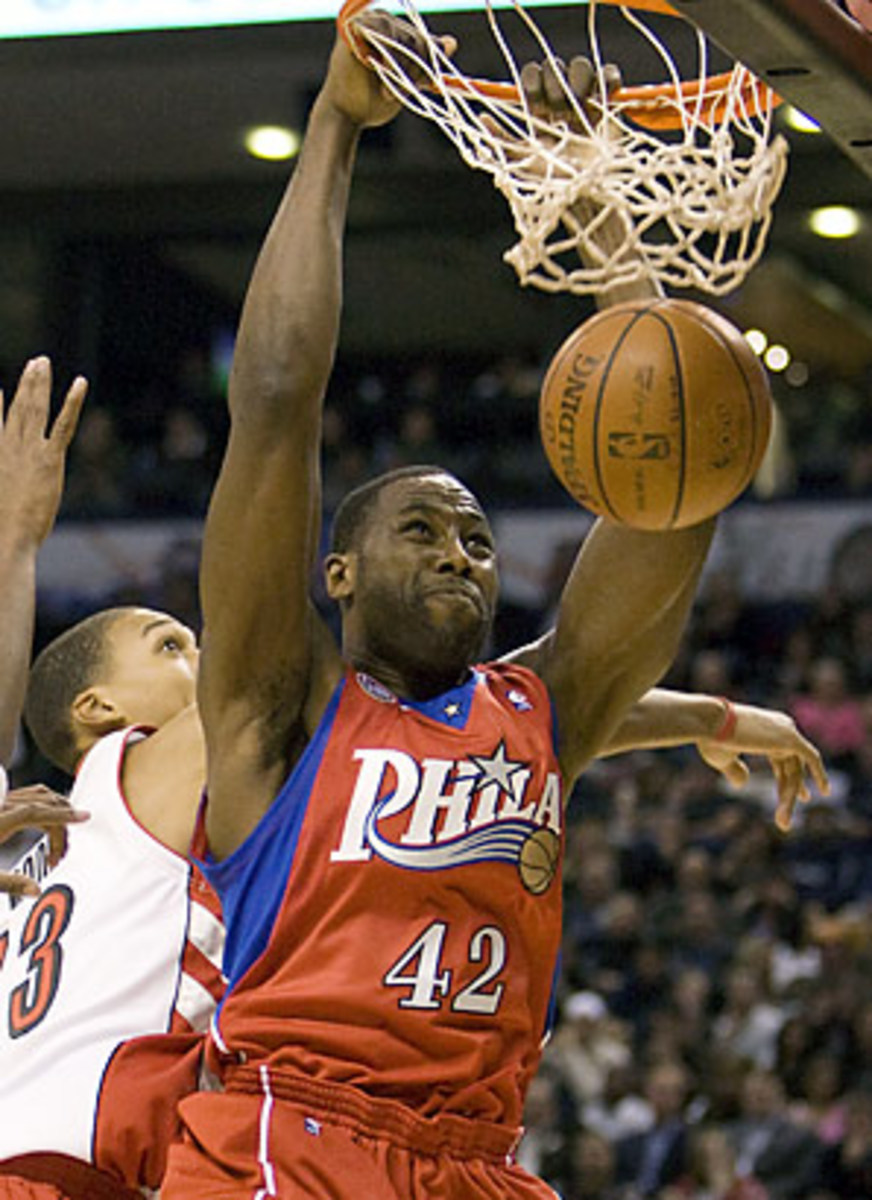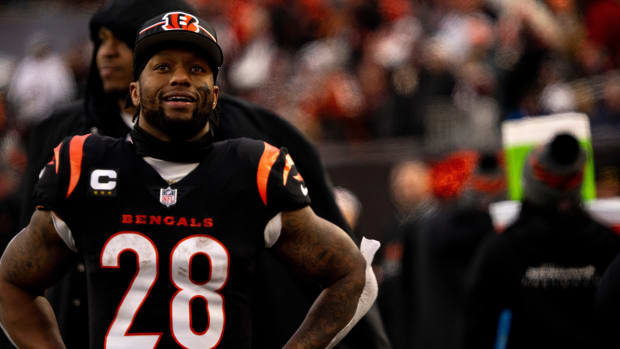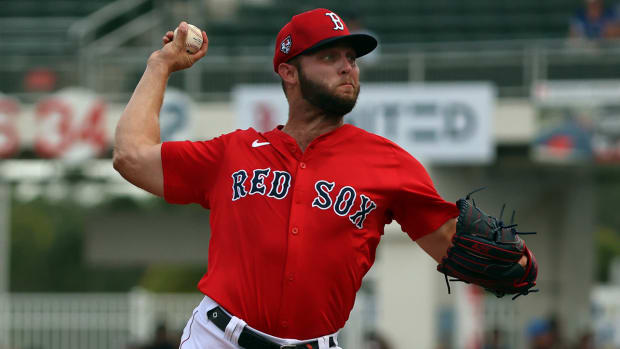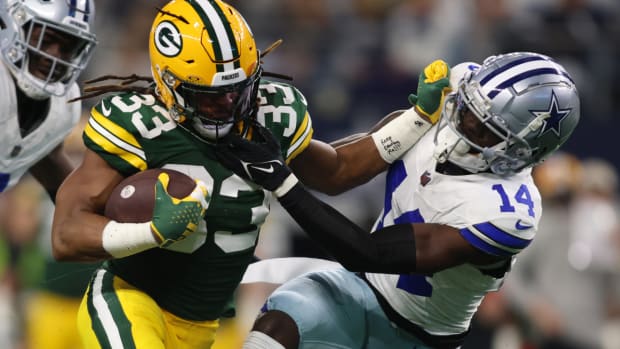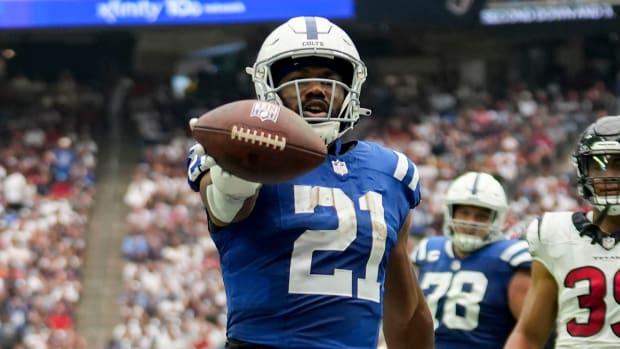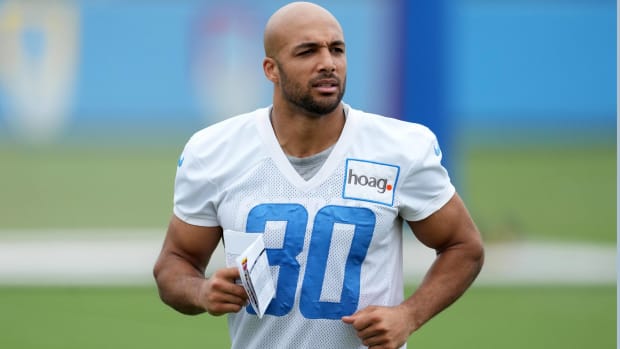Fantasy basketball roundtable
Each week, we'll gather the RotoExperts team of fantasy basketball analysts together to ask them a relevant fantasy basketball question. On to this week ...
Question: What trading strategies do you use?
Trading can be one of the most enjoyable parts of fantasy basketball, especially if you end up on the strong side of a deal that propels your squad to the league championship. Unfortunately, trading can be a frustrating experience as well, since there is always a chance that you will find yourself regretting the move.
So how do our experts ensure that they come out on top? Read on to find out:
I employ the time-honored strategy of trying to improve my team while screwing my trade partner in the process. Sarcasm aside, I'm not sure that I use a particularly unique strategy. Rather, I depend on my ability to sense when my team needs a nip or a tuck. Paraphrasing President-elect Barack Obama, I tend to use a scalpel rather than an axe, unless I feel my team is in such a state of desperation that an axe is needed. Make sense? If not, that's alright, since most fantasy owners use strategies that are often sensible only to themselves.-- Kyle Stack
I'm not afraid to move my superstars and I never fall in love with my team. That said, patience is a virtue. I won't trade for the sake of trading, especially if my team is doing well. I'm usually leery of offers coming my way, especially if they come from a league-mate who knows what they are doing. I also like to give my offers a personal touch, as in sending an e-mail before firing off that automated trade request from the league web site. There's more room for negotiation and soft selling, and at worst you can develop a rapport with an opponent, which could come in handy later in the year.-- Jeff Andriesse
My trade strategy is quite simple: maximize my value. While no player is off limits, it's important to remember not to panic. There is a reason why you're getting plenty of trade offers for Elton Brand. Nobody expects that Brand will finish the season ranked behind 161 other players (per Yahoo! eight-category rankings). Like everyone else, I am trying to buy low, but I also refuse to sell low. In order to maximize my trade value I can't lose sight of what I ultimately want -- a championship. If I bail now and trade away guys who are not performing up to their abilities for guys who are over-performing, then I lose value on my return and that, my friends, is exactly what I don't want from a trade. Guys like Brand are going to turn it around and return to that first-round talent that we've expected from them. There is no reason to give him away for Spencer Hawes and a wooden nickel. I've got a bridge in Brooklyn to sell you after you decide to take that offer. Maximize your value by not forgetting what a chip like Brand cost you in the first place.-- Tom Lorenzo
Wheeling and dealing is one of the most fun parts of fantasy basketball. If your league forbids trading, don't invite me to it. My strategy regarding trading is one of fairness. I won't lowball, but I will come up with a deal that's probably in my advantage. Usually, I'll start out an initial trade offer with something that will get the owner's attention and make him think a little bit about the deal I'm offering. If you're saying, "I'll give you my Raymond Felton for your Jose Calderon," then the other owner's probably going to hit the "reject" button and you can forget about negotiations. Also, I absolutely love to sell high on guys, especially if it's a star player who's dominating now, but will get injured later.-- Jonathan Huang
I follow one simple strategy when it comes to trading: acquire the best player in the deal. I'm a firm believer in quality over quantity. No matter how many players are involved in the trade, I make damn sure that I'm getting the best one. When making offers, I will try to offer two of my pretty good players for a stud. Now that said, if I'm really struggling to compete in a league, it's probably a good idea to trade one of your stars for some quantity. But my goal is not to be in that position in the first place!-- Brad Rysz
There were some great responses from our experts, but one thing in particular really rang true with me. Huang mentioned not sending out low-ball offers, and I completely agree with him on that. This is particularly true if you are playing in a league full of veterans, and since they know what they are doing, they'll likely be insulted by your offer.
Of course you want to make trades that help your team, but one thing that I like to do is flip the deal around. Look at it as though you would be getting the other side of the deal, and think about whether or not you would at least take a second to consider it. If you wouldn't, then you need to change the trade. If you would, then you can at least be confident that you likely won't insult the other owner, and even if they don't accept, you might get a counter offer.
So those are the strategies employed by our experts, if anyone has any other strategies they like to use feel free to e-mail me at lane@rotoexperts.com.
































